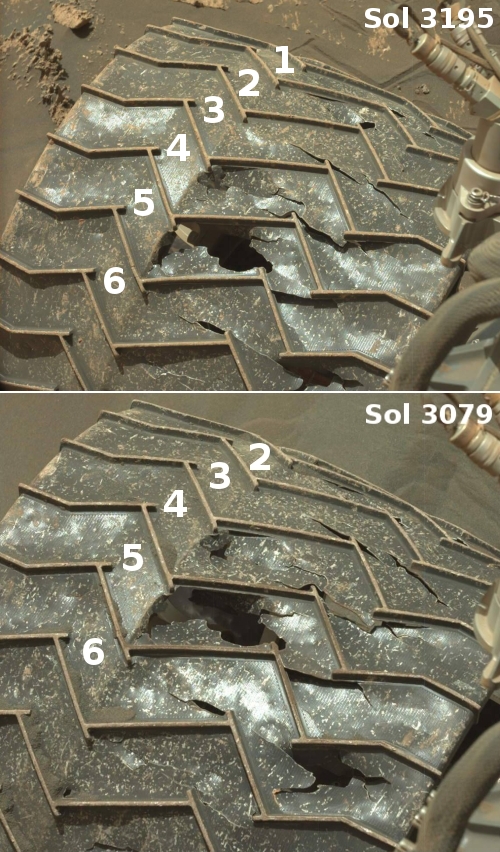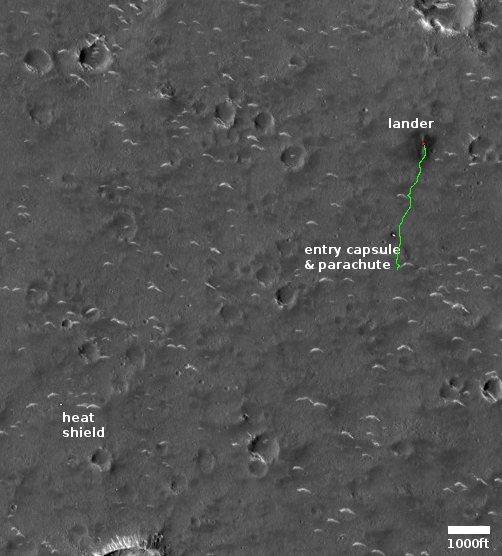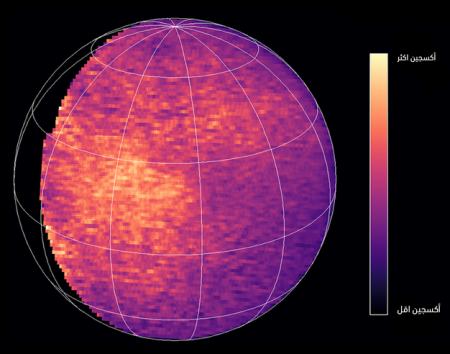Chinese pseudo-private rocket fails during launch
A launch attempt by the pseudo-private Chinese company iSpace failed today, the second failure in a row for this company following a success.
A Hyperbola 1 rocket lifted off from the Jiuquan launch base at 3:39 a.m. EDT (0739 GMT; 3:39 p.m. Beijing time), China’s government-run Xinhua news agency said. Xinhua, which described the launch as a “flight test,” said the rocket exhibited “abnormal performance” after liftoff. Officials did not immediately specify when during the flight the rocket failed.
The news agency said a satellite carried by the rocket “did not enter orbit as scheduled.” Chinese officials did not identify the payload lost on the mission.
This is the second launch failure in a row, following the first successful orbital launch in July 2019.
The rocket is made of four solid-fueled stages, which means it most certainly is using military tecnology and is being closely supervised by the Chinese government. ISpace is one of about four such pseudo-private Chines companies. In each case, China is allowing private Chinese capital to finance the development of these rockets, for use both by the Chinese government as well as sale to customers (but only with the government’s approval and control).
A launch attempt by the pseudo-private Chinese company iSpace failed today, the second failure in a row for this company following a success.
A Hyperbola 1 rocket lifted off from the Jiuquan launch base at 3:39 a.m. EDT (0739 GMT; 3:39 p.m. Beijing time), China’s government-run Xinhua news agency said. Xinhua, which described the launch as a “flight test,” said the rocket exhibited “abnormal performance” after liftoff. Officials did not immediately specify when during the flight the rocket failed.
The news agency said a satellite carried by the rocket “did not enter orbit as scheduled.” Chinese officials did not identify the payload lost on the mission.
This is the second launch failure in a row, following the first successful orbital launch in July 2019.
The rocket is made of four solid-fueled stages, which means it most certainly is using military tecnology and is being closely supervised by the Chinese government. ISpace is one of about four such pseudo-private Chines companies. In each case, China is allowing private Chinese capital to finance the development of these rockets, for use both by the Chinese government as well as sale to customers (but only with the government’s approval and control).














